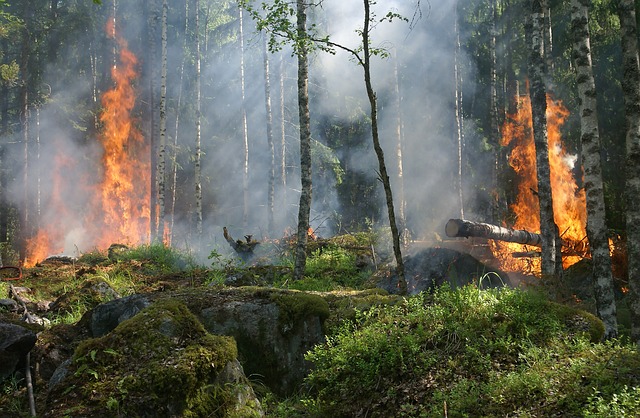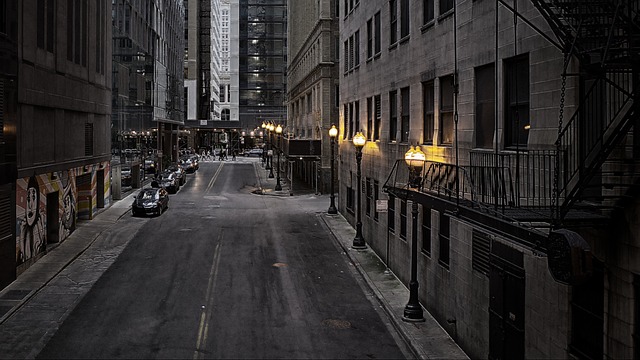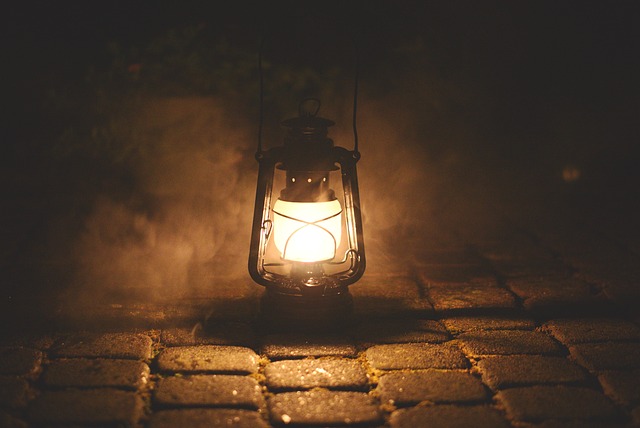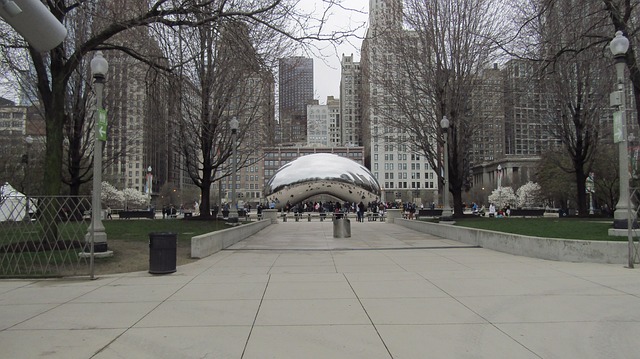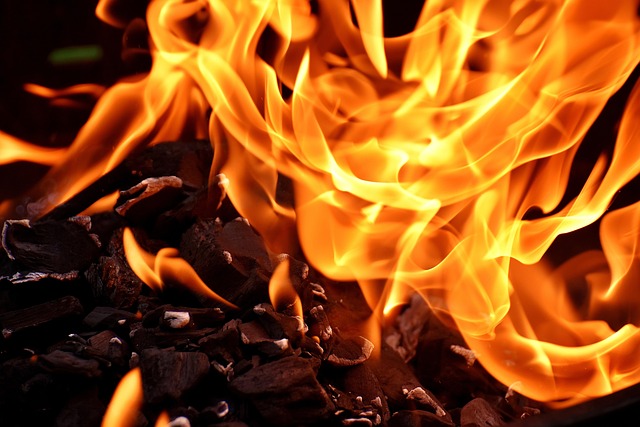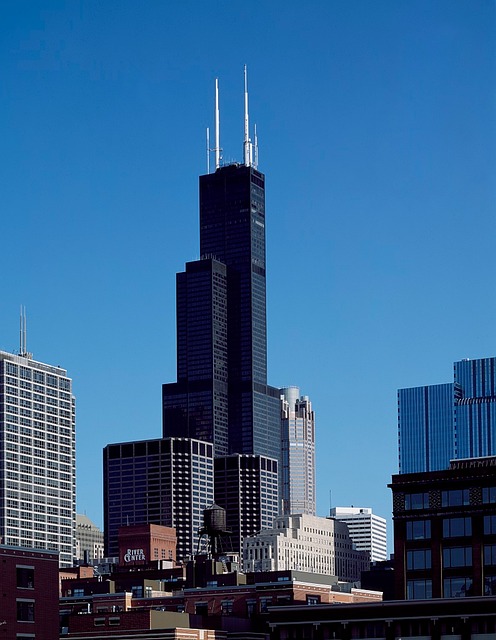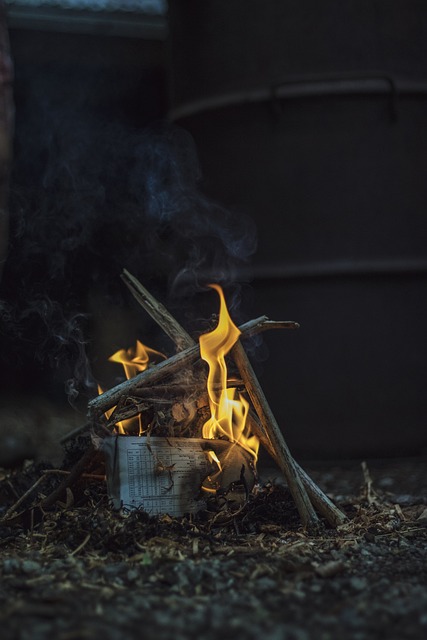Chicago's real estate market, shaped by historical fires, presents unique opportunities for investors. Post-fire scenarios drive up housing demand, encouraging investment in distressed properties. Success demands thorough research, understanding local dynamics, and strategic planning, including damage assessment, contractor selection, marketing, and informed decision-making. For those looking to sell a house after a fire in Chicago, a well-executed strategy leveraging competitive pricing, documentation, and effective marketing can lead to successful transactions.
Chicago’s real estate market, known for its resilience, has seen a resurgence following fires that ravaged parts of the city. This article delves into the dynamic landscape for investors, offering insights on understanding and capitalizing on post-fire real estate opportunities in Chicago. From assessing market trends to implementing effective strategies for buying and selling houses after fires, this guide equips investors with the knowledge needed to navigate this unique investment environment successfully. Key focus: sell house after fire Chicago.
- Understanding the Market: A Look at Chicago's Real Estate Landscape After Fires
- Strategies for Investors: Navigating the Process of Buying and Selling Houses Post-Fire in Chicago
Understanding the Market: A Look at Chicago's Real Estate Landscape After Fires
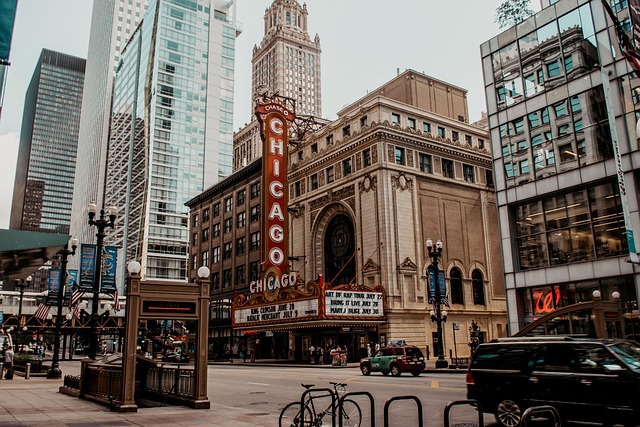
Chicago, known for its vibrant architecture and diverse neighborhoods, has a unique real estate market that reflects its rich history. Understanding this landscape is crucial for investors looking to buy or sell houses after fires. In recent years, Chicago has experienced several large-scale fires that have impacted various areas, leading to both opportunities and challenges for the real estate sector.
Post-fire scenarios can create a dynamic market with increased demand for housing in certain neighborhoods. Many residents look to rebuild or relocate, prompting investors to consider buying distressed properties at competitive prices. However, it’s essential to conduct thorough research and assess the long-term potential of these areas. By understanding the causes and effects of fires, investors can make informed decisions when considering a sell house after fire Chicago strategy, contributing to the city’s ever-evolving real estate tapestry.
Strategies for Investors: Navigating the Process of Buying and Selling Houses Post-Fire in Chicago
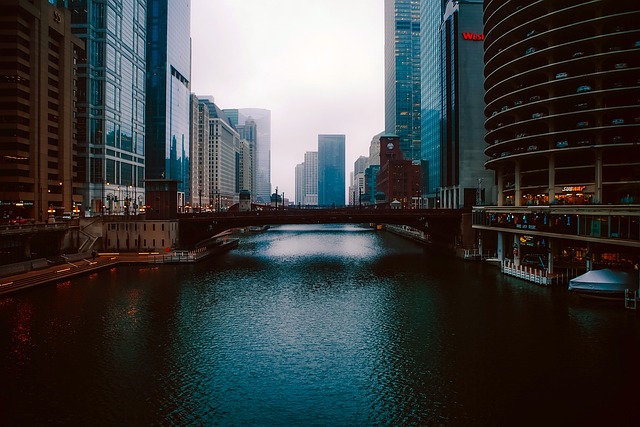
After a fire, navigating the real estate market in Chicago can be challenging but lucrative for investors. The first step is assessing the property’s potential post-renovation. Investors should consider the extent of damage, local zoning laws, and neighborhood dynamics to determine if the house can be restored to its former glory or repurposed. Market trends and demand for housing in specific areas also play a crucial role in deciding whether to proceed with a purchase.
Once the decision is made, investors must devise a strategic plan for buying and selling. This includes finding reliable contractors for renovation work, understanding the timeline for repairs, and setting competitive prices to attract buyers. The process of selling a house after a fire requires transparency about the property’s history, so investors should prepare detailed records and be ready to answer potential buyers’ questions. Effective marketing strategies, such as high-quality photography and targeted online listings, can help attract interested purchasers, ensuring a successful transaction.
Chicago’s real estate market, while resilient, poses unique challenges for investors after fires. Understanding the local landscape and adopting strategic approaches, such as focusing on areas with rebuilding potential and leveraging post-fire incentives, can help investors navigate the process of buying and selling houses effectively. For those looking to sell a house after a fire in Chicago, being informed and proactive is key to a successful transition.
